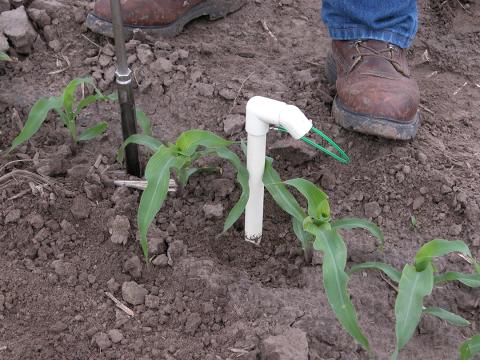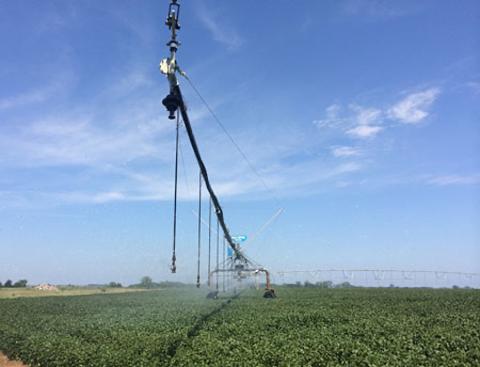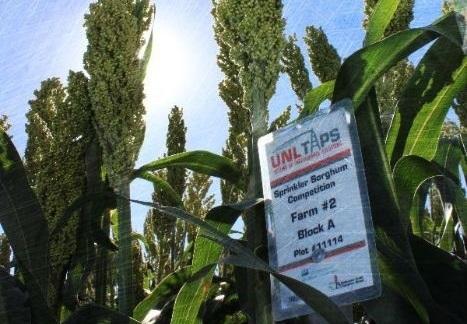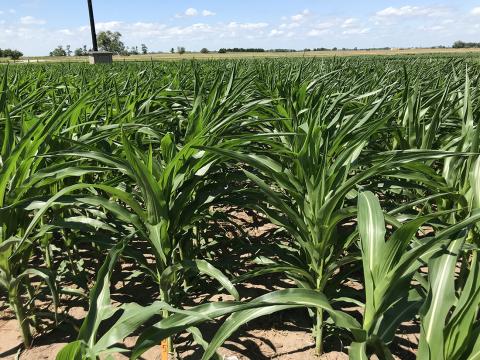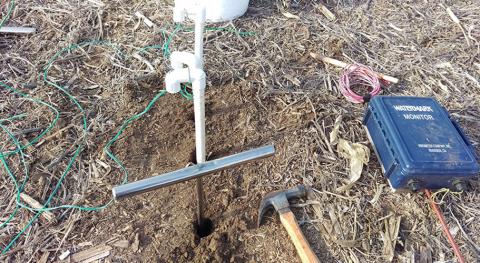Study Reviews Farmer Irrigation Scheduling Tendencies in Central Nebraska
June 15, 2022
While a recent study revealed that irrigators tend to overwater on wetter years, extension experts recommend data-driven decisions for optimizing yields, saving water and lowering cost of production.
Scheduling the Last Few Irrigations of the Season Deserves More of Your Management Time Than Earlier Irrigations
August 19, 2021
University of Nebraska irrigation scheduling recommendations encourage irrigators to allow crops to continue using more of the stored soil water starting in August and continuing into September when the crop matures.
TAPS Program Makes Plans for 2021, Including Change to Sorghum Competition
January 4, 2021
The Testing Ag Performance Solutions (TAPS) program is looking for participants for the 2021 competition as it tailors the upcoming season to accommodate new technologies, methods and practices in farm management.
Soil Water Content- and Soil Matric Potential-Based Irrigation Trigger Values for Different Soil Types
July 11, 2019
Keeping a close eye on soil water content in individual fields can help optimize irrigation efficiency. This article explores how to use research-based trigger points for various soil types using soil water content-based sensors or soil matric potential-based sensors. Nebraska research has shown that having 25% more water than needed in the maize root-zone reduced grain yields as much as 15 bu/ac.
Determining Beginning Soil Moisture for Planning Decisions
April 12, 2018
Soil moisture sensors installed now can provide valuable information for dryland producers who want to determine existing soil moisture level and adjust cropping or planting plans accordingly. The authors installed and will be monitoring soil moisture readings at six sites in south central Nebraska.
